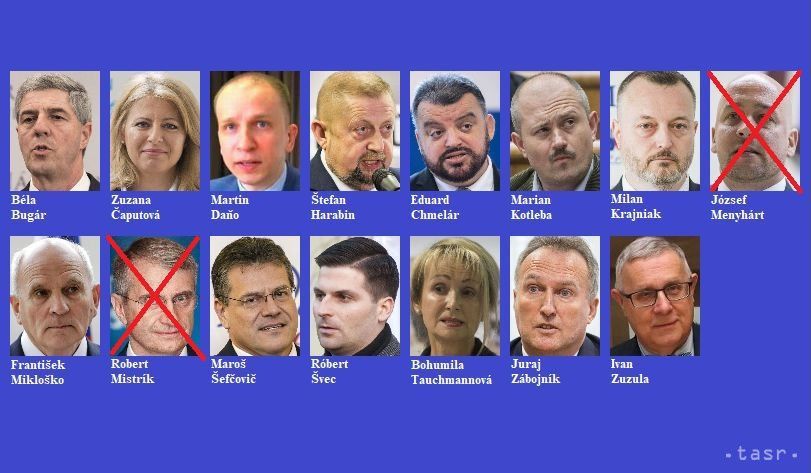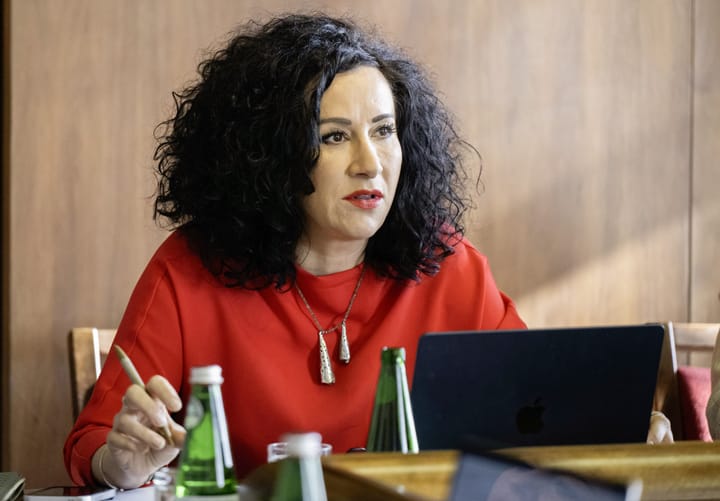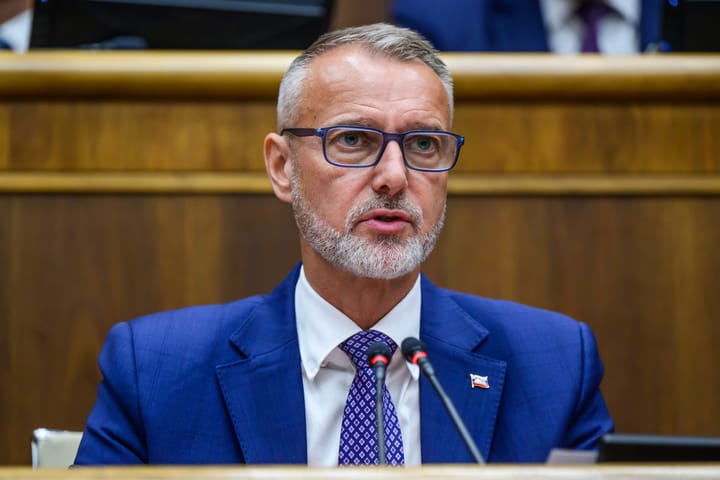Political Analyst: No Surprise in Presidential Election Results

Bratislava, March 17 (TASR) – No surprise took place in the first round of the 2019 presidential election, claimed political analyst Darina Malova on Sunday.
Maros Sefcovic, who will square off against Zuzana Caputova in the second round, might manage to reach out to Smer-SD and Slovak National Party (SNS) voters if he can be more convincing on social issues.
When asked whether Caputova can carry over her support to and maintain her margin in the run-off round, Malova replied that it’s important to identify her real voters first. “The voters behind Ms. Caputova are the types of voters who demand change,” she claimed, adding that the desired change must be pursued in a non-confrontational fashion, however. “Aside from change and non-confrontation, people simply trust her and have identified with her.”
Caputova has the potential to reach out to additional voters. “She has this without the need to amend either her ideas or style of campaigning,” thinks Malova, who thinks that Caputova’s strength also lies in the fact that she offers a certain “love-thy-neighbour” feeling.
As for Maros Sefcovic, Malova perceives him as projecting an air of indecisiveness. “His team hasn’t profiled its candidate comprehensively enough,” she claimed.
Another limitation for Sefcovic stems from his previous professional career because as a member of the European Commission he can’t criticise the EU, for instance. “Furthermore, he chose relatively resonant social rhetoric for his campaign. He promoted social solidarity among generations,” she pointed out. It was this aspect of Sefcovic’s campaign that was excoriated by another candidate, Stefan Harabin, who drew attention to Sefcovic’s salary as a European commissioner.
Malova attests the relatively small election margin between Sefcovic and Harabin (18.66 to 14.35 percent) to the fact that Harabin was also acceptable to Smer-SD voters. Paradoxically, Harabin might have been more successful in courting Smer-SD symphathisers than Sefcovic. “Their [voters’] first motivation is discontent, and then a shift to extremism. But that is the result of the campaign chosen in the 2016 parliamentary race by [Smer-SD chair] Robert Fico,” added Malova.
Whether Harabin’s supporters, who made up 14.35 percent of voters in the first round, will participate in the run-off round remains to be seen, thinks Malova.



